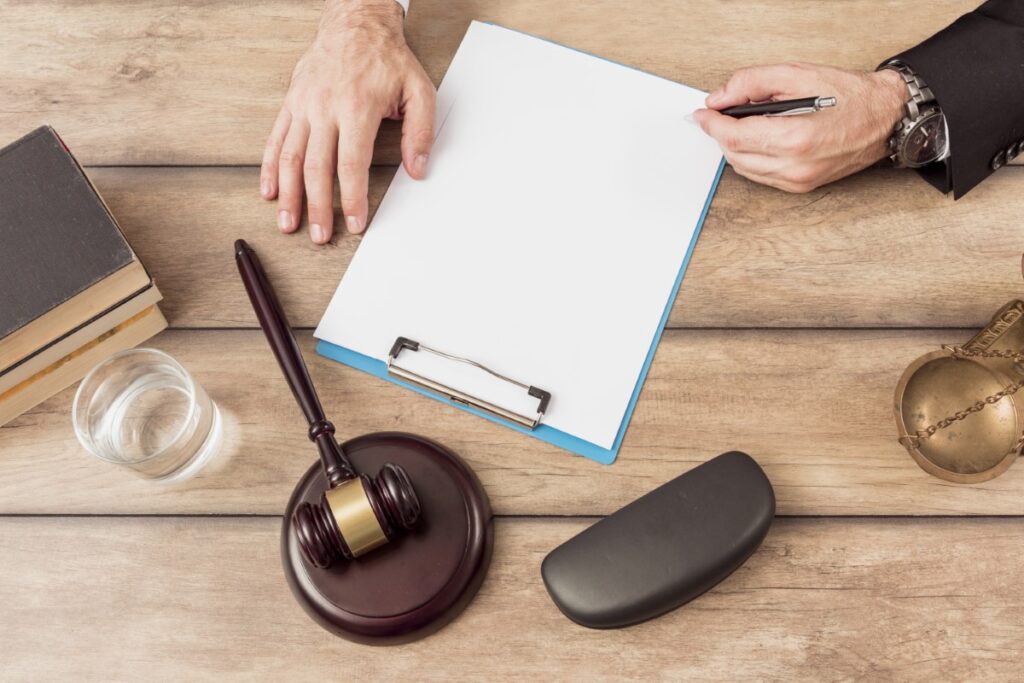Notarizing Documents
Not all notarizations are straightforward and not all notary state laws are the same. What appears to be a simple act of notarizing documents to the signer is sometimes a complicated situation for the notary. Every state has different requirements on the types of notarizations allowed. It is always the responsibility of the notary, not the signer, to ensure that they are practicing in accordance to the law when it comes to providing notarization. This is especially true when dealing with special notary documents.
Notarizing Documents in a Foreign Language
For any non-English document presented, it may be best for the notary to refer the signer to a notary who speaks the same language the document is written in. If that is not possible, the notary can proceed with the notary act if the notary certificate is written in English or other languages that the notary can read and understand.
The notary should make sure to explain the meaning of the document and important matters related to it, such as deadlines or legal implications, in a language the signer can understand. If any questions arise during the notarization process, they should be answered in a language both parties can comprehend. In some cases, an interpreter may need to be hired to facilitate the interpretation of a foreign language document.
Ultimately, a notary needs to ensure that both parties understand the contents of a document before completing the notarization process. It is important for a Notary to consult their local notary guidelines and regulations in order to remain compliant with state laws. Furthermore, if there is any doubt as to the accuracy or appropriateness of a document, it is always best to seek legal advice before proceeding with the notarization.
Notarizing Wills
In New York for example, notaries may only notarize the signatures or provide witness for living wills that give direction regarding medical care for someone who is still alive. In New York, notaries cannot execute wills of any type and notaries cannot notarize last wills or testaments. Every state requirements for notarizing wills is different so be sure to check with your specific state laws before providing any notary service related to wills. If you’re in New York, here is a great resource for being a notary in New York State .
In addition to the state-specific requirements, there are also some specific requirements that apply when notarizing wills. For example, all states require that the person signing the will be of “sound mind” and competent to sign legal documents. This means that a notary must assess whether or not the individual has sufficient mental capacity to sign the document.
For this reason, notaries are advised to ask the signer of a will several questions to verify that they understand what they’re signing and that they have their best interests in mind. The notary must also ensure that no fraud or undue influence has been used in obtaining the signature as this could invalidate the will. Additionally, a notary must ensure that all necessary witnesses are present and that they have signed the document in order for the will to be legally valid.

Notarization by Copy Certification
In New York, and as outlined in other state laws, a notary cannot make a copy of an official document such as a birth or death certificate because of the risk of fraud and alteration. In New York, copy certification requests require the signer to write a statement and sign that statement. Although the notary is not allowed to notarize the copy of the original document, the notary is allowed to notarize the written statement and should attach a loose certificate at the time of notarizing documents. The notary does not need to see the original document to perform this act.
In addition, the notary should make sure to record all information in their journal or on the appropriate form and store it securely. This will provide evidence that they followed proper protocol and procedures when fulfilling the copy certification request. The notary should also maintain a log of their seal impressions, as this is an important part of the process.

For states that allow copy certifications, the owner of the special document appears before the notary with the original document. Sometimes the notary is asked to make the copy. The notary compares the original document with the copy document and confirms that they are identical. After confirming that both documents match each other, the notary completes the notary certificate and statement that the copy is true, accurate, and complete.
Always Protect Yourself
Above are just a few examples of the most common special types of documents a notary might run across. There are many others. Always protect yourself by researching the requirement in your state for a document you are unfamiliar with. Never make assumptions. One way to receive reliable assistance with special documents as well as assistance with any notary question is to become a member of the National Notary Association (NNA). They provide membership options where you can get real-time and state specific assistance through their notary hotline.
Kim Jones

About The Author
Kim Jones is a seasoned Notary & Loan Signing Agent with over 17 years of experience. She is the proud owner of Roc City Notary Services in Rochester, NY. She specializes in private notarizations and real estate loan closings.
Online Information
Notary Jane: Profile
Website: Roc City Notary
